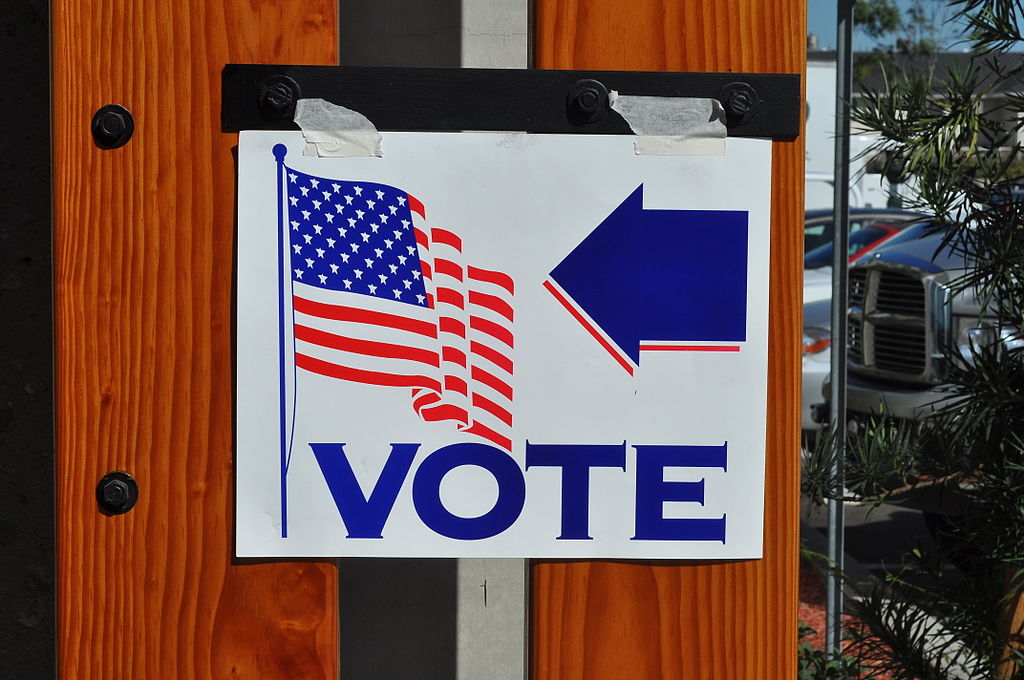As the 2016 presidential election draws closer, it is essential to evaluate current restrictions placed on American voters. Of the several state and federal laws that restrict eligibility to cast a ballot, voter ID laws are the most concerning. These laws, enacted in 33 states, mandate that Americans present a valid form of state identification before they vote . Several states justify voter ID laws by maintaining their ability to prevent voter fraud. These laws, however, were unquestionably enacted to restrict turnout. Voter ID laws limit, repress, and disenfranchise American citizens. Many Americans do not possess the required government papers to obtain an ID. Studies conducted by the Brennan Center for Justice show that, in 2012, nearly 11 percent of eligible voters lacked a government issued photo ID. Government papers to obtain an ID can be expensive and hard to acquire, especially when they require an application, processing time and travel. This undertaking places a disproportionate burden on several populations, and in turn, favors the wealthy who can afford identifications that permit them to vote.
The U.S. Constitution, under the Voting Rights Act of 1965, provides that all U.S. citizens have the right to vote regardless of race, religion, or class. Therefore, voter ID laws are unconstitutional because they restrict turnout by placing illegal encumbrances on millions of American citizens. To purchase a driver’s license costs upwards of $100. A passport? $125. A state issued ID card? $25. THIS IS AN INDIRECT POLL TAX! Voters are forced to pay money to the state government in order to exercise their right to vote. In order to ensure equal access at the polls for all Americans, the 24th Amendment of the U.S. Constitution prohibits both states and the federal government from placing any type of tax that might infringe an individual’s right to vote. As a result, voter ID laws infringe upon the founding principles of our nation.
For many states that have voter ID laws, the concern with voter fraud stem from a desire to prevent individuals from voting more than once. Voter ID laws, however, do not prevent Americans from voting more than once any better than states without photo ID laws. If voter fraud was truly the main concern of politicians during elections, there are many other constitutional ways of solving this problem. Instead of allowing states to enact voter ID laws that place huge financial impediments on voters, the U.S. government could enforce higher security mechanisms during the elections or standardize ballots altogether. These legal procedures would terminate voter fraud entirely.
I do not believe states should have the right to enact voter ID laws in order to prevent fraudulent voting. As stated above, the reasons for their enactment were not necessarily to prevent fraudulent voting. Beverly Hallberg wrote the most disgraceful article in The Daily Signal defending voter ID laws. She lists three “simple” reasons why the voter ID laws are fair and just. She begins her argument by noting how voter ID laws create ‘common ground.’ She writes, “Everyone has to go through the same process to obtain a valid ID, which makes the ID the great equalizer.” Hallberg argues that we all have to go through the same process to apply for an ID and, therefore, all have equal opportunities to acquire voter IDs. Right? WRONG! Everyone comes from different socioeconomic backgrounds; everybody has different financial situations, transportation differences, and scheduling conflicts. Not everybody can afford to pay for an ID. Not everybody has the time to study and take a test to obtain an ID. Not everybody can take time off of work to travel to the DMV or town office to collect an ID. This process is not an equalizer, but instead continues to discriminate and has extremely disproportionate effects on different portions of the electorate. Voter ID laws suppress the guaranteed right to vote, and therefore, these laws are unconstitutional. In the midst of the 2016 election season, I believe it is important to consider these laws and the ways they disenfranchise voters across the United States. Millions of Americans are frightened by the possible outcome of this election. Despite these concerns, many Americans will choose not to cast a ballot. As disappointing as this realization is, it is more infuriating that many Americans who want to vote cannot because of stringent voter ID laws.










